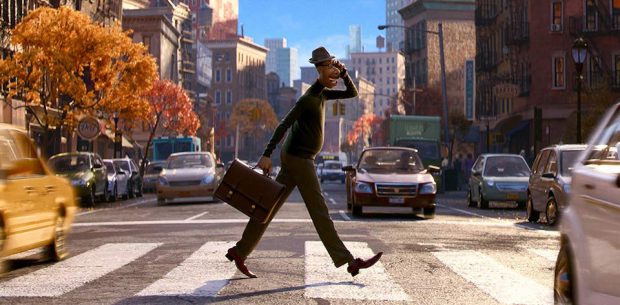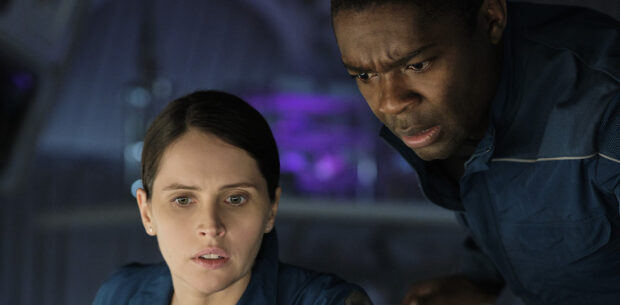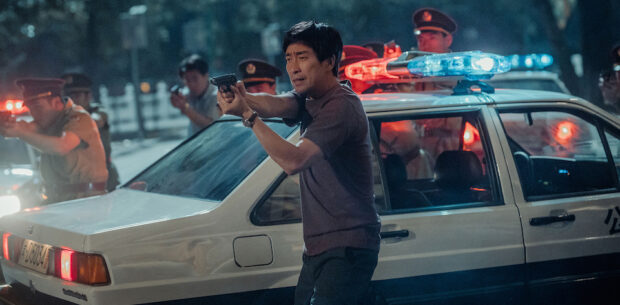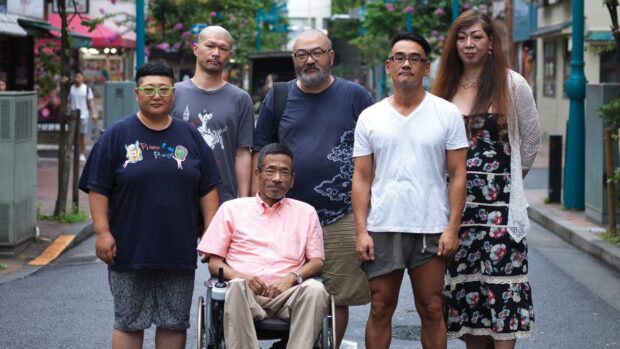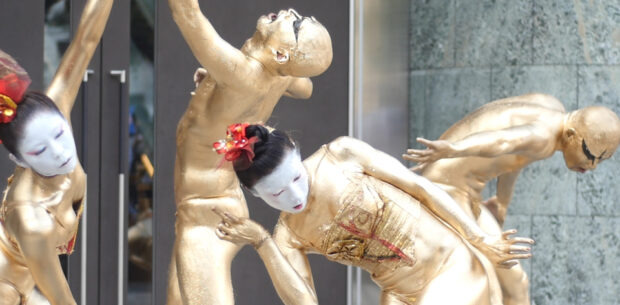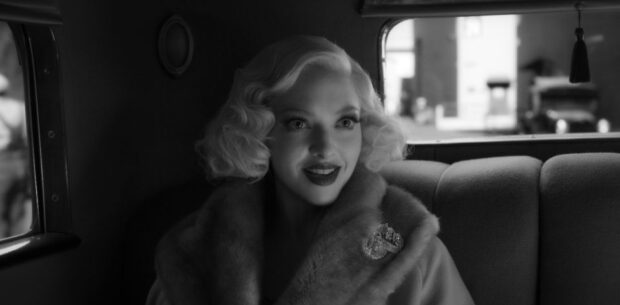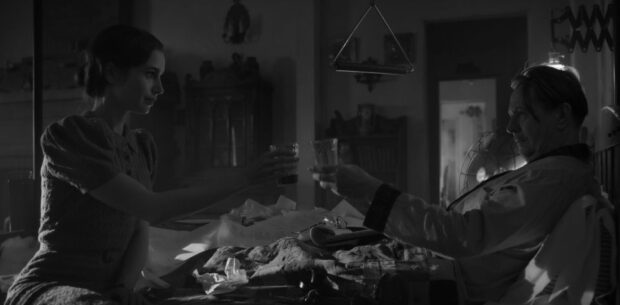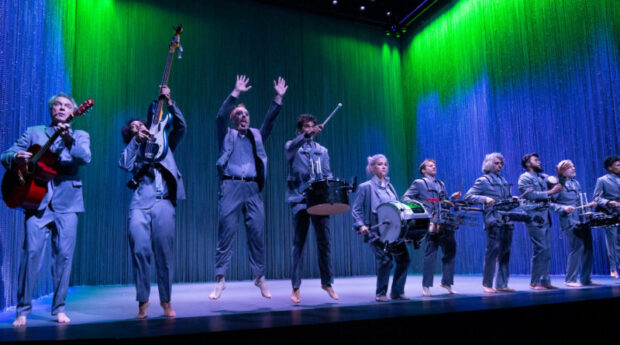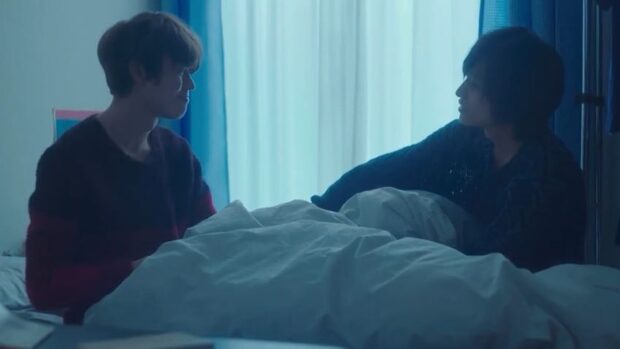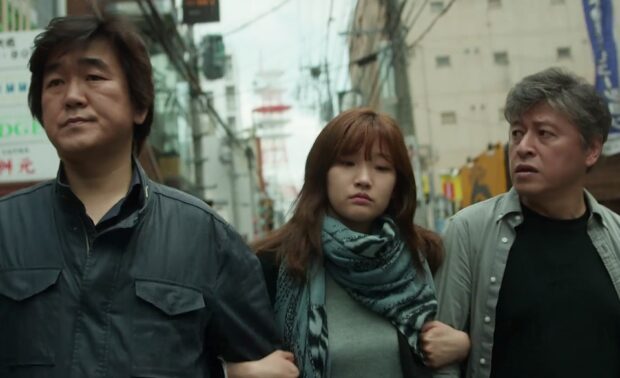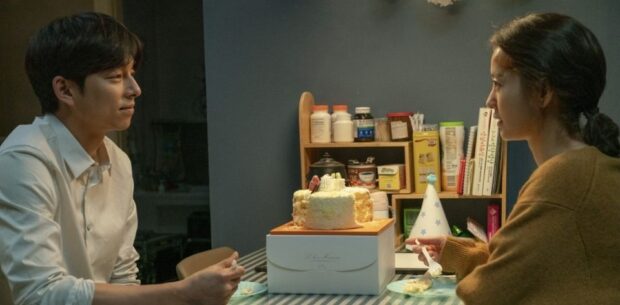It’s fair to say that DC Comics has struggled to find a consistent screen voice over the last decade. Where the Marvel Cinematic Universe continues to celebrate comic bookery with abandon, the DC Extended Universe‘s grimmer fare has forced out a continuity despite itself.
The exceptions, of course, are the success of Margot Robbie’s Harley Quinn (Suicide Squad, Birds of Prey), the underrated Shazam!, and Gal Gadot’s breakout turn as Wonder Woman. Her second solo outing begins brightly, with a kind of soft reboot on Themyscira and a wonderful action sequence that firmly establishes the updated 1980s setting.
Yet once the scene is established, the screenplay – by Patty Jenkins, comic book legend Geoff Johns, and David Callaham – fails to maintain the momentum. A convoluted plot sees a crystal McGuffin discovered by scientist Barbara Minerva (Kristen Wiig), granting her the confidence and strength she’s always craved.
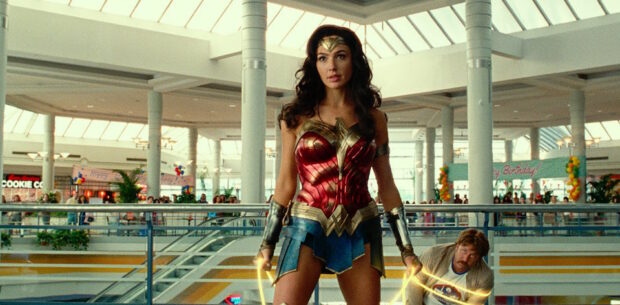
Meanwhile, struggling businessman Maxwell Lord (The Mandalorian‘s Pedro Pascal) also craves the crystal, and Diana/Wonder Woman’s old beau Steve Trevor (Chris Pine) quantum leaps his way into the 80s. Each of these three storylines could have sustained the film by itself. The problem is that the lengthy WONDER WOMAN 1984 (or WW84 to use its onscreen title) never quite sticks to any narrative effectively, falling into the familiar trap of too many villains and not enough story.
Yes, there are some spectacular individual set-pieces, including a wonderful Egyptian highway action run, but it never feels coherent. To pave over any narrative sins, like changing continents from one scene to the next, Diana’s powers also seem to manifest whenever the plot requires them. Similarly, the finale relies too heavily on digital puppetry and a cheap denouement trick that arguably makes everything we’ve just watched redundant.
On the plus side, Zimmer’s score is one of his more joyful to date, and there’s a general air of positivity we’ve not seen in DC films for a long time. It’s a technically proficient film as well, although a few special effects wobbles – including a horrible villain look – can probably be attributed to the difficult circumstances that history will record as “the year 2020.”
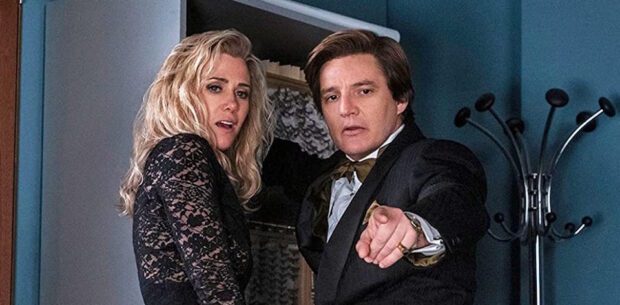
Likewise, the cast of this thing are working their little leg warmers off to make the most of the material. Pascal in particular owns every inch of his screen time, so much so that there are points we’re left wondering if this is still a Wonder Woman film. It’s also great to see Wiig channelling her comedic timing into something more sinister. The return of Pine probably wasn’t needed, but he does add a charming presence and provides an opportunity to churn through dozens of 80s outfits.
With no tangible links to the rest of the DC Extended Universe, or even post-credits pieces teasing future productions, WONDER WOMAN 1984 is still a refreshing break from relentless world-building. It’s wish fulfilment in its purest form and there are certainly worse ways to end this year.
2020 | US | DIRECTOR: Patty Jenkins | WRITERS: Patty Jenkins, Geoff Johns, David Callaham| CAST: Gal Gadot, Chris Pine, Kristen Wiig, Pedro Pascal, Robin Wright, Connie Nielsen | DISTRIBUTOR: Warner Bros./Roadshow Films| RUNNING TIME: 106 minutes | RELEASE DATE: 26 December 2020


